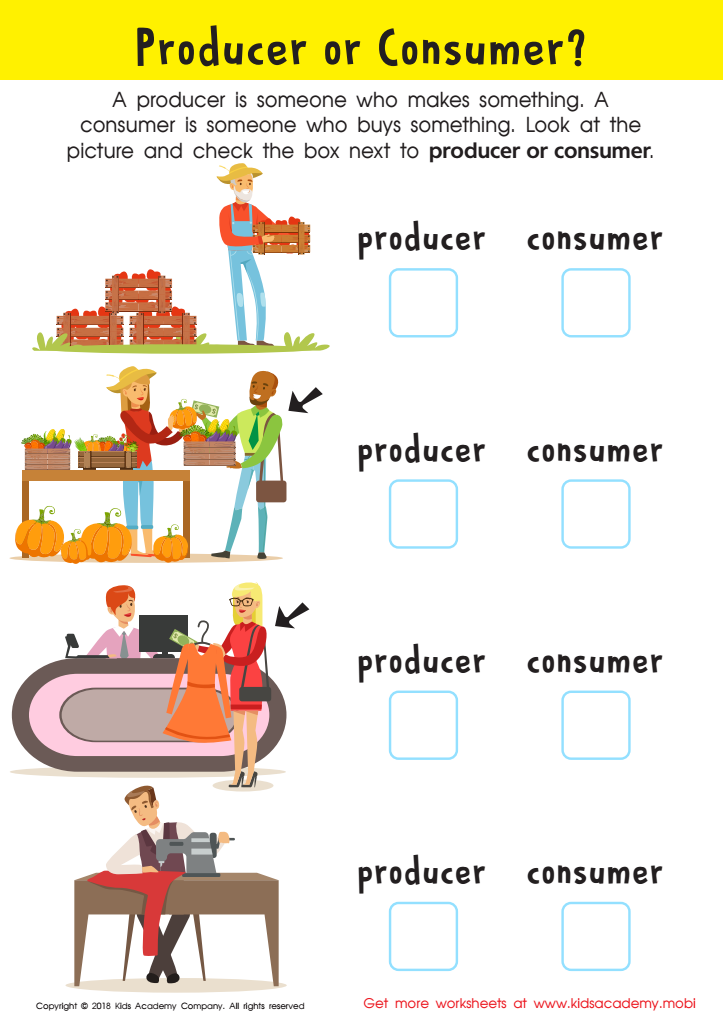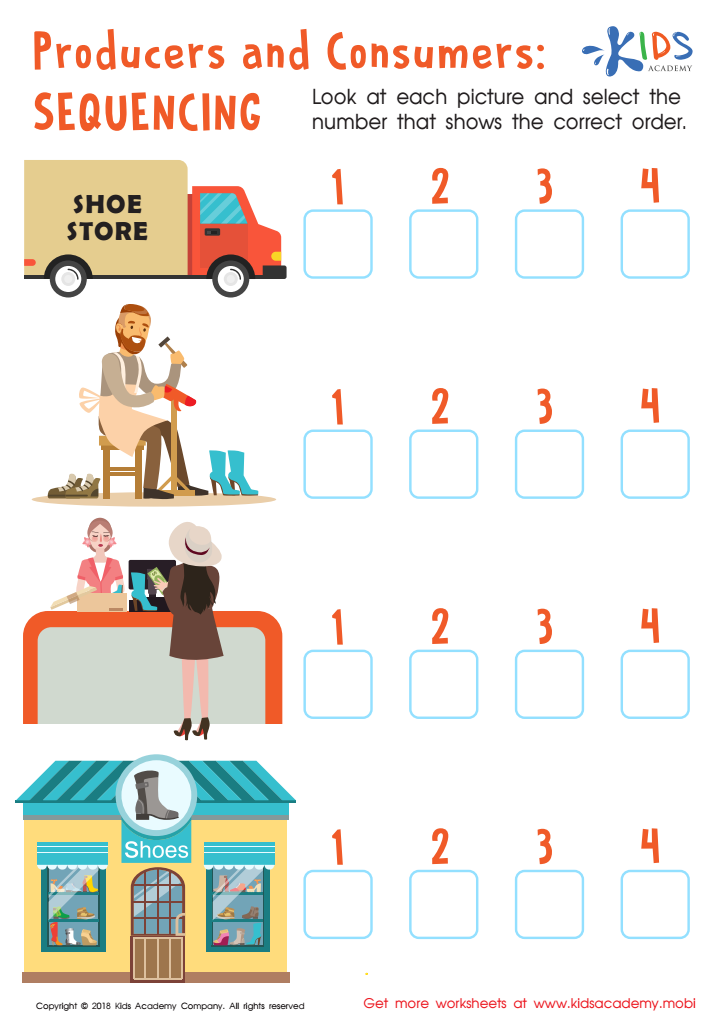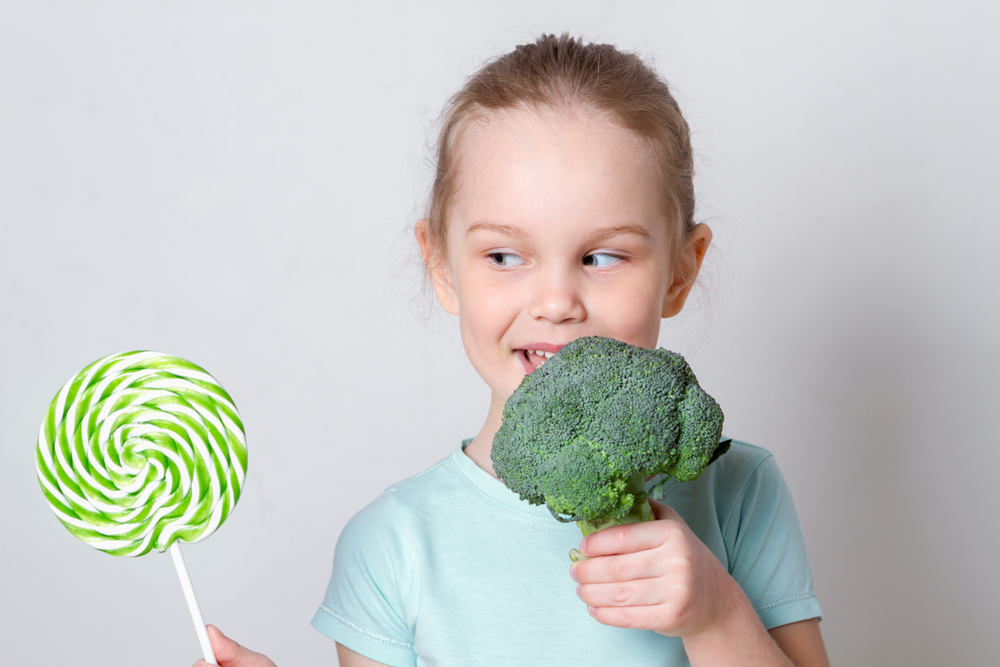Understanding ecosystems Worksheets for 7-Year-Olds
5 filtered results
-
From - To
Explore the fascinating world of ecosystems with our engaging "Understanding Ecosystems Worksheets for 7-Year-Olds." Designed specifically for young learners, these worksheets introduce essential concepts about habitats, food chains, and the relationships between living organisms. Through interactive activities and colorful illustrations, children will discover how different elements within ecosystems work together to sustain life. Our age-appropriate resources promote critical thinking and nurture a love for science in a fun and stimulating way. Perfect for classroom or home use, these worksheets make learning about nature enjoyable and accessible, helping young minds develop a solid foundation in environmental awareness and appreciation.


Producer or Consumer? Worksheet


Ecosystems: Assessment 1 Worksheet


Ecosystems: Assessment 2 Worksheet


Producers and Consumers: Sequencing Worksheet


Animals and Plants: Assessment 1 Worksheet
Understanding ecosystems is crucial for 7-year-olds as it lays the foundation for their awareness and appreciation of the natural world. At this age, children are naturally curious about their surroundings, and learning about ecosystems helps foster that curiosity. It encourages them to observe, ask questions, and explore how living organisms interact with each other and their environment.
Additionally, grasping basic ecological concepts enables children to develop a sense of responsibility toward nature. By understanding ecosystems, they learn about the importance of biodiversity, habitats, and the roles different species play in maintaining balance. This awareness can instill a sense of stewardship, motivating them to care for the environment from a young age.
Teachers and parents also benefit from teaching ecosystems, as it enhances critical thinking and problem-solving skills. Engaging students in discussions about environmental issues—such as climate change or habitat destruction—promotes compassion and social consciousness.
Incorporating hands-on activities, such as nature walks or gardening, reinforces these lessons and makes learning enjoyable. Ultimately, by nurturing their understanding of ecosystems, we equip children with the knowledge and values needed to become informed, environmentally-friendly citizens in the future.
 Assign to My Students
Assign to My Students




















